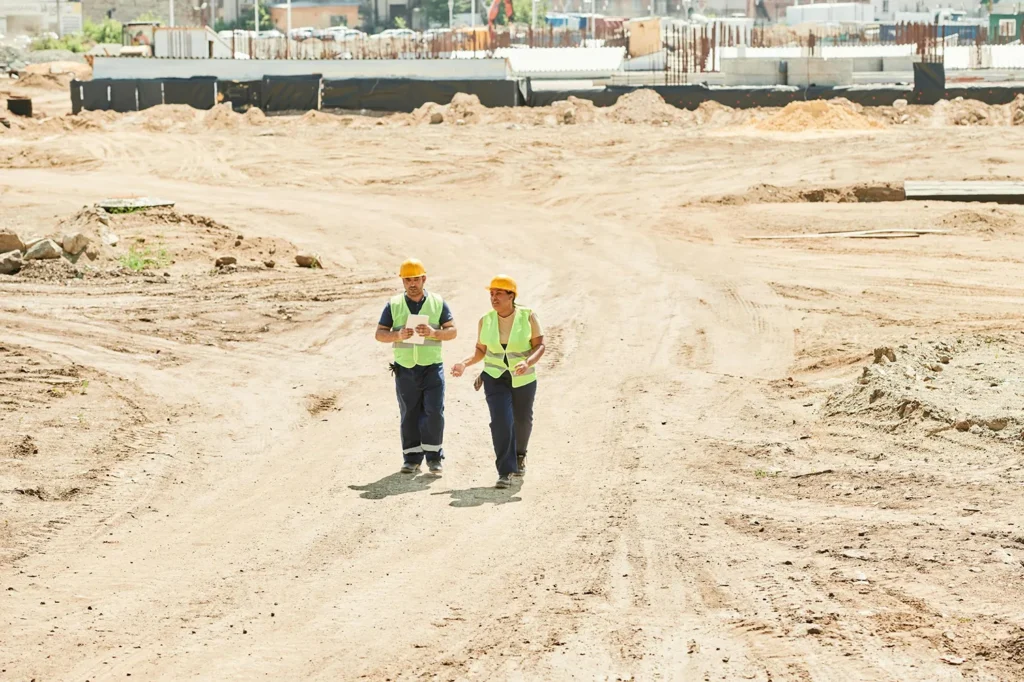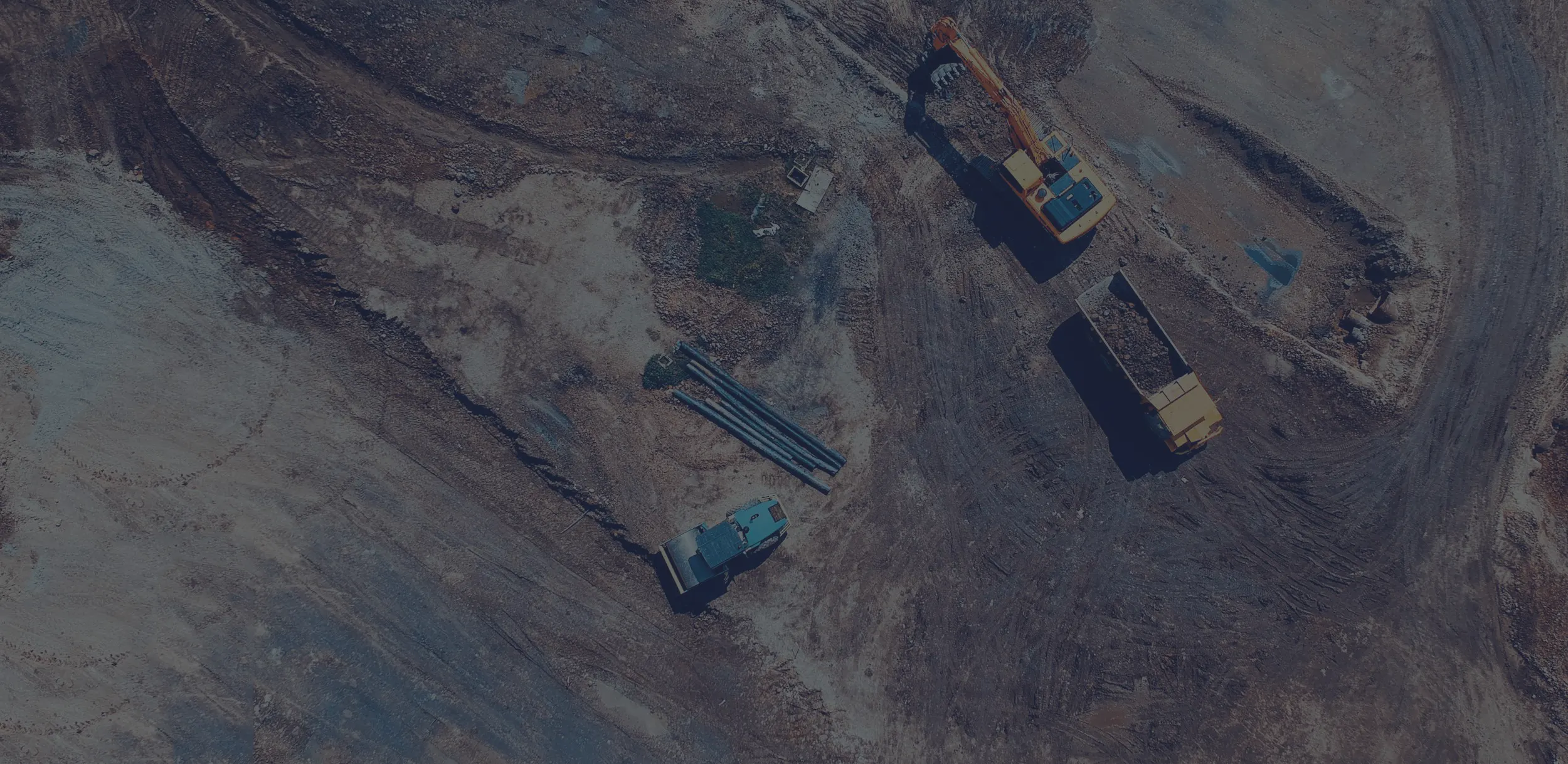-
Providing Environmental Solutions Since 1988
-
Over 80 years of combined industry experience
-
HUD Compliant Inspections and Risk Assessments
-
Our in-house laboratory ensures rapid and accurate results
Certified Soil Testing Services Across Long Island
Soil quality plays a vital role in every property transaction, construction project, and environmental investigation. Whether you’re redeveloping a commercial site, responding to a spill, or ensuring safe conditions before construction, accurate soil testing is essential for compliance and long-term environmental health.
Our Soil Testing & Sampling Solutions
We offer a complete suite of soil analysis services for commercial, residential, and industrial clients throughout Long Island
-
NYSDEC/County Spills and Soil Investigations
We provide investigations into spills and soil contaminations.
-
Complete PBS Removals
Removal services for Petroleum Bulk Storage as well as soil clearance and testing following removal of a storage container.
-
Soil Treatment and Remediation
We can design and execute a soil treatment and remediation plan for any contaminants found.
-
NYSDEC Sampling and Characterization
Enviroscience Consultants offers complete NYSDEC Part 360 and Part 375 soil sampling and characterization services.
-
Soil Compaction Testing
Ensure your project’s footings are in solid ground with Soil Compaction testing.
-
Comprehensive Field Testing of Soil Conditions
We monitor soil for moisture, density, compaction and proctor.
Soil Boring & Subsurface Investigations
Accurate subsurface data is essential for environmental and legal cases involving site contamination, redevelopment, or property transactions. Enviroscience provides soil boring and sampling services across Long Island to identify contamination depth, soil composition, and groundwater impact. Our borings support Phase II Environmental Site Assessments, remediation planning, and geotechnical evaluations — ensuring every decision is backed by defensible field data and certified lab results.
More Soil Boring InformationRadon Soil Testing
Radon is a colorless, odorless radioactive gas that can seep from the soil into buildings — and prolonged exposure is a leading cause of lung cancer in the United States. The risk often goes unnoticed until it’s too late.
Before you build, renovate, or purchase property, don’t take chances. Our radon soil testing services provide accurate, site-specific data so you can address potential hazards before they become costly or dangerous. With precise sampling and detailed reporting, Enviroscience helps you design effective mitigation strategies, protect future occupants, and ensure compliance with safety standards from day one.

Why Soil Testing Matters for Your Property
Contaminated or unstable soil can halt development, delay financing, or create health hazards. Regular soil testing including radon evaluations helps you:
- Identify and mitigate environmental liabilities before purchase or construction
- Meet due-diligence and regulatory requirements for lenders and agencies
- Detect radon and vapor intrusion risks early in project planning
- Prevent costly remediation delays and compliance issues
- Protect public health and environmental safety
On Long Island, where industrial history, underground tanks, and coastal geology all affect subsurface conditions, proactive soil testing ensures safety, compliance, and confidence in your project.
Industries & Properties We Serve Across Long Island
Enviroscience provides soil and radon testing services for:
- Commercial and industrial facilities
- Real estate developers and property managers
- Municipal and county agencies
- Construction and engineering firms
- Schools, hospitals, and institutions
- Residential property owners
We proudly serve communities across Nassau County, Suffolk County, and the greater Long Island region — including Huntington, Smithtown, Islip, Garden City, Riverhead, and the Hamptons.
Frequently Asked Questions About Soil & Radon Testing
How long does soil testing take?
Most standard soil analyses are completed within 2–5 business days. Complex investigations or regulatory samples may take longer.
Is radon soil testing necessary for new construction?
Yes. Testing before construction identifies radon potential early, allowing you to design appropriate vapor barriers or mitigation systems before foundation work begins.
What if contamination is found?
If contaminants exceed NYSDEC standards, Enviroscience can design and oversee a remediation plan that complies with Part 360 and Part 375 regulations.
Can soil testing detect oil or fuel leaks?
Absolutely. Our laboratory can identify petroleum hydrocarbons and chemical residues from past spills or underground storage tanks.

